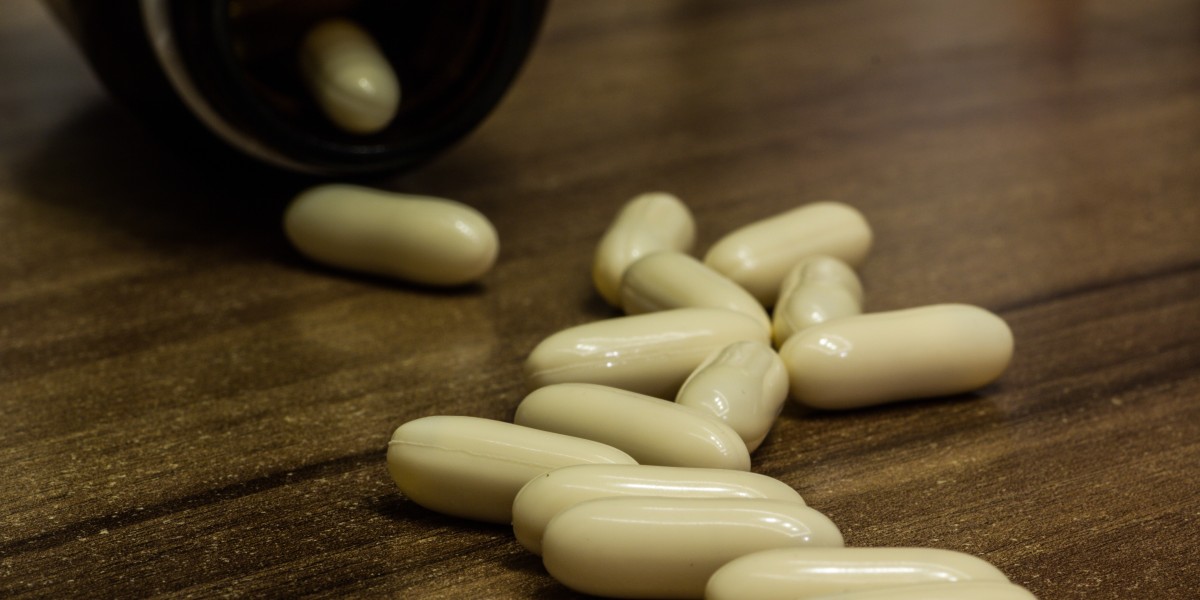Biotin is naturally found in various foods, including eggs, nuts, seeds, and certain vegetables. The recommended daily intake for adults is around 30 micrograms, which can usually be met through a balanced diet. However, biotin supplements are often marketed to enhance hair and nail health, leading some individuals to take higher doses than necessary.
The Risks of Overdosing on Biotin
Interference with Laboratory Tests:
- One of the most significant risks of biotin overdose is its interference with laboratory tests. High levels of biotin in the blood can affect the accuracy of several blood tests, including those for thyroid function, hormone levels, and cardiac biomarkers. This interference can lead to incorrect diagnoses and inappropriate treatment plans.
Skin Reactions:
- Some individuals may experience adverse skin reactions, such as rashes, acne, or other skin irritations, when taking high doses of biotin. These reactions are usually reversible upon discontinuation of the supplement.
Digestive Issues:
- Overdosing on biotin can lead to digestive disturbances, including nausea, cramping, and diarrhea. These symptoms are typically mild but can be uncomfortable and disruptive.
Drug Interactions:
- Biotin can interact with certain medications, reducing their effectiveness or increasing the risk of side effects. For example, it can impact the metabolism of anticonvulsant medications, potentially reducing their efficacy in controlling seizures.
Impact on Pregnancy:
- Pregnant women should exercise caution when considering biotin supplements. While biotin deficiency can occur during pregnancy, excessive intake may pose risks to both the mother and the developing fetus. It's essential to consult with a healthcare provider before starting any supplement regimen during pregnancy.
Safe Supplementation Practices
To minimize the risks associated with biotin supplementation, consider the following guidelines:
- Consult a Healthcare Provider: Before starting any new supplement, it's essential to discuss it with a healthcare provider, especially if you have underlying health conditions or are taking other medications.
- Follow Recommended Dosages: Stick to the recommended daily intake of biotin unless otherwise advised by a healthcare professional. Avoid high-dose supplements unless there's a medically justified reason.
- Monitor for Side Effects: Pay attention to any adverse reactions and report them to your healthcare provider. If you experience skin reactions, digestive issues, or other concerning symptoms, discontinue use and seek medical advice.
Conclusion
While biotin is an essential nutrient with several health benefits, it's important to use supplements wisely. Overdosing on biotin can lead to various health risks, including interference with laboratory tests, skin reactions, digestive issues, and potential drug interactions. Always consult with a healthcare provider before starting biotin supplements and adhere to recommended dosages to ensure safe and effective use.
By staying informed and practicing safe supplementation, you can enjoy the benefits of biotin without compromising your health.








